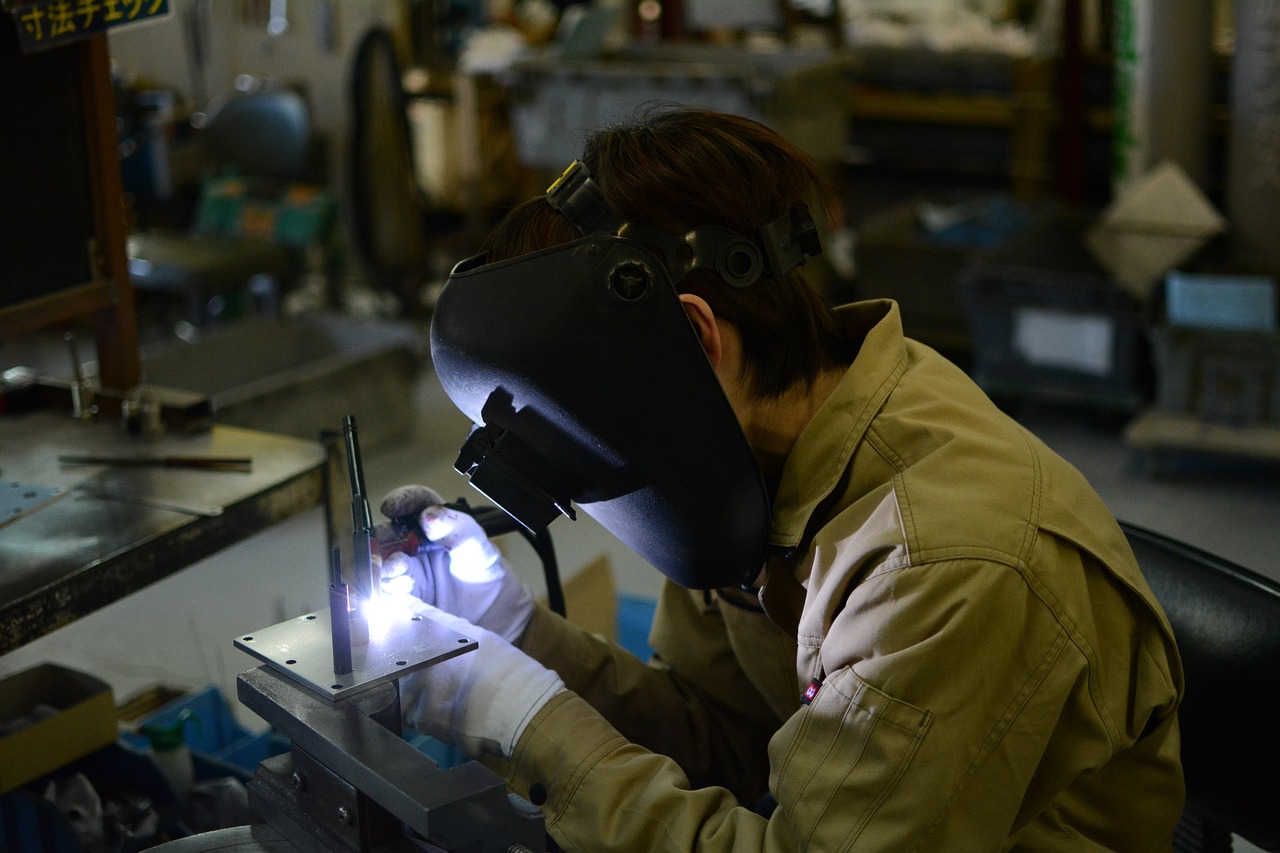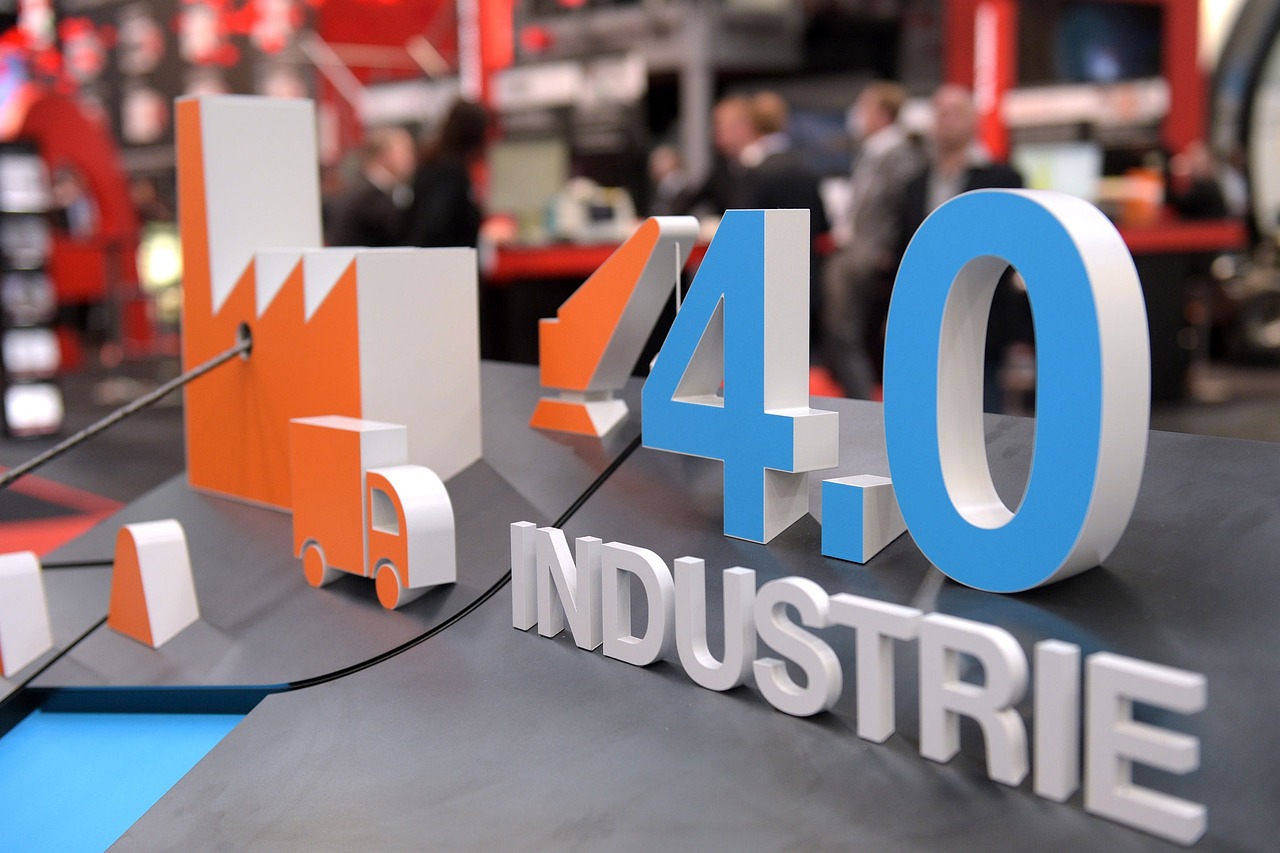Introduction: The AI-Powered Industrial Revolution
The manufacturing and logistics sectors are undergoing a radical transformation powered by artificial intelligence. From factory floors to global supply chains, AI in manufacturing and logistics is driving unprecedented levels of efficiency, accuracy, and cost reduction. As we progress through 2024, companies leveraging AI solutions are gaining significant competitive advantages through:
- 30-50% reductions in machine downtime
- 20-35% improvements in supply chain efficiency
- 40-60% decreases in quality control defects
This comprehensive guide explores the most impactful applications of AI in manufacturing and logistics, examines real-world success stories, and provides actionable insights for businesses looking to implement these technologies.
1. AI-Driven Predictive Maintenance: Preventing Failures Before They Happen
Predictive maintenance represents one of the most valuable applications of AI in manufacturing today. Traditional maintenance schedules are being replaced by AI systems that:
- Continuously monitor equipment health through IoT sensors
- Analyze vibration patterns, thermal imaging, and performance data
- Predict failures with 92-97% accuracy before they occur
Real-World Implementation:
Siemens’ AI-powered MindSphere platform has helped manufacturers reduce unplanned downtime by up to 30%, saving millions in lost production time. General Electric reports 15-20% improvements in maintenance efficiency across their aviation and energy divisions.
Key Benefits:
- Extends equipment lifespan by 25-40%
- Reduces maintenance costs by 20-35%
- Minimizes production disruptions
2. Computer Vision for Flawless Quality Control
AI-powered visual inspection systems are revolutionizing quality assurance in manufacturing:
- Detect defects 10x faster than human inspectors
- Achieve 99.9%+ accuracy in identifying micro-defects
- Learn and improve detection capabilities over time
Industry Applications:
| Industry | AI Quality Control Use Case |
|---|---|
| Automotive | Paint defect detection (Tesla’s production lines) |
| Electronics | PCB component verification (Foxconn factories) |
| Pharmaceuticals | Pill counting and packaging inspection |
| Food Production | Contaminant detection and sorting |
Case Study: BMW’s AI quality control system catches 98.7% of defects on their assembly lines, compared to 91% with human inspectors.
3. Smart Warehousing: The AI Logistics Revolution
Modern warehouses are becoming intelligent hubs powered by AI:
Autonomous Mobile Robots (AMRs)
- Amazon’s Kiva robots move 50% faster than human workers
- Reduce picking errors by up to 67%
- Operate 24/7 without fatigue
AI-Powered Inventory Management
- Predictive stock replenishment algorithms
- Real-time tracking through RFID and computer vision
- Dynamic storage optimization
Impact Metrics:
- 45% reduction in inventory carrying costs
- 30% improvement in order fulfillment speed
- 25% decrease in warehouse labor requirements

4. AI-Optimized Supply Chain Management
Artificial intelligence is solving complex supply chain challenges:
- Demand Forecasting: Machine learning models predict demand with 85-92% accuracy
- Route Optimization: AI reduces transportation costs by 15-25%
- Risk Management: Predictive analytics identify potential disruptions weeks in advance
Success Story: Walmart’s AI supply chain system reduced excess inventory by 20% while improving stock availability
5. The Future: Next-Gen AI Applications
Emerging innovations set to transform manufacturing and logistics by 2025:
- Self-Healing Production Lines: AI systems that automatically diagnose and resolve equipment issues
- Cognitive Digital Twins: Virtual replicas that simulate and optimize entire factories
- Autonomous Logistics Networks: Drone and robot-based delivery ecosystems
Implementation Challenges and Solutions
| Challenge | AI-Powered Solution |
|---|---|
| High upfront costs | Cloud-based AI services with pay-per-use models |
| Workforce adaptation | AR-assisted training and AI-augmented workstations |
| Data security concerns | Blockchain-integrated AI systems with encrypted data flows |
Conclusion: Embracing the AI Transformation
The integration of AI in manufacturing and logistics is no longer optional for businesses seeking to remain competitive. Companies implementing these technologies are achieving:
- 40-60% improvements in operational efficiency
- 25-45% reductions in production costs
- 30-50% faster time-to-market for products
To stay ahead, manufacturers and logistics providers should:
- Start with targeted AI pilot programs
- Invest in employee upskilling
- Develop phased implementation roadmaps
- Partner with specialized AI solution providers
The AI revolution in manufacturing and logistics is here – businesses that embrace these technologies today will dominate their markets tomorrow.
